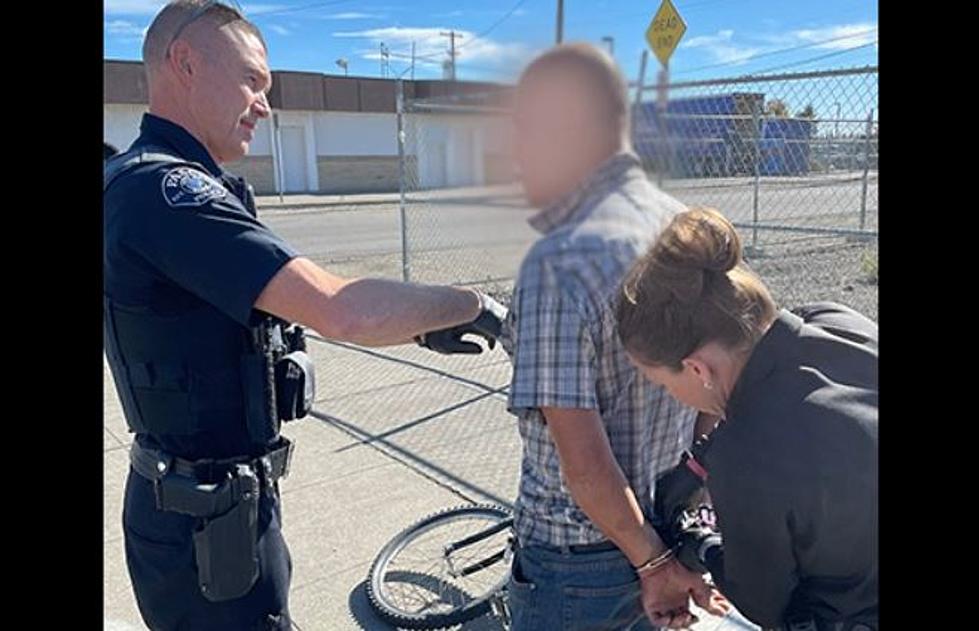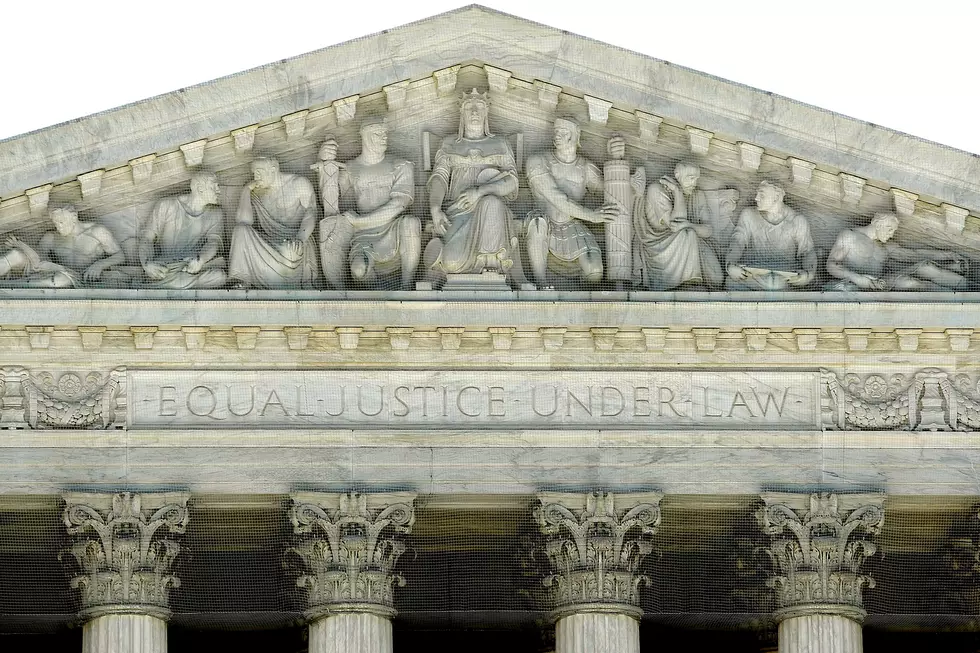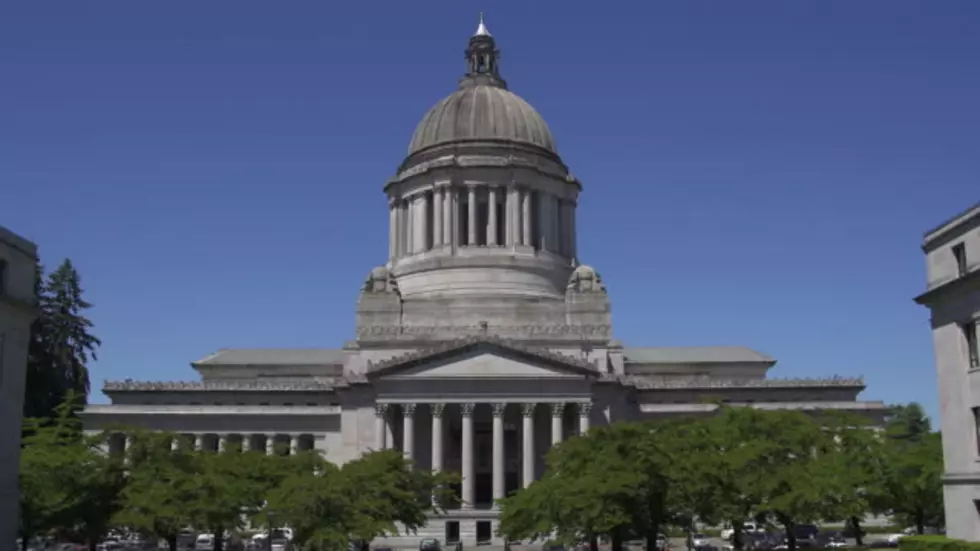
Supreme Court Refuses to Hear Judicial Appeals on Same-Sex Marriage
Monday, the United State Supreme Court refused to hear appeals on lower-court judicial rulings that affect same-sex marriage. Lower-Court judges, in five separate cases in Virginia, Oklahoma, Utah, Wisconsin and Indiana, said state Constitutional Amendments defining marriage as being between a woman and a man were unconstitutional. The Supreme Court refused to hear challenges that support these amendments.
In other words, these judges essentially struck down the amendments, clearing a broader path for same-sex marriage in these cases. The Supreme Court didn't uphold the lower court hearings, but by not hearing the appeals, the lower judges rulings will stand.
Because these original judicial rulings were issued in several of the 11 circuits in the Federal court system, these judges decisions also struck down such amendments for all the other states in those circuits. Not only will these rulings apply in the previously mentioned states, but all the other states in their circuit.
For example, because Oklahoma is in the 10th Circuit Court of appeals, this ruling about constitutional traditional marriage amendments being 'unconstitutional' will also now apply in Wyoming, New Mexico and Kansas - regardless if they were involved or not.
According to the Family Policy Institute of Washington (state) the ripple effect from these rulings now means that the number of states that will recognize same-sex marriage could be as high as 30.
The court's "ruling", or refusal to hear the appeals, is unusual according to some legal experts. According to the Institute:
"...the decision is surprising because the Supreme Court had previously granted a stay (delay in implementation) of the lower court decision pending a final outcome.
It is unusual for the Supreme Court to grant a stay but then refuse to hear the appeal.
Regardless, by refusing to hear the appeal, the stay will expire and marriage will be redefined by default".
The Institute says this decision is troubling, because it continues a recent trend of unelected bodies (judges and courts) overturning measures that were passed by voters (the will of the people). Supporters say it's unfair to use laws to discriminate against certain groups of people regardless of orientations.
The Institute says this is just the beginning of the legal and cultural discussion on the matter, and there will be many other legal, elective, and court cases and decisions to come in the future.
More From 870 AM KFLD









